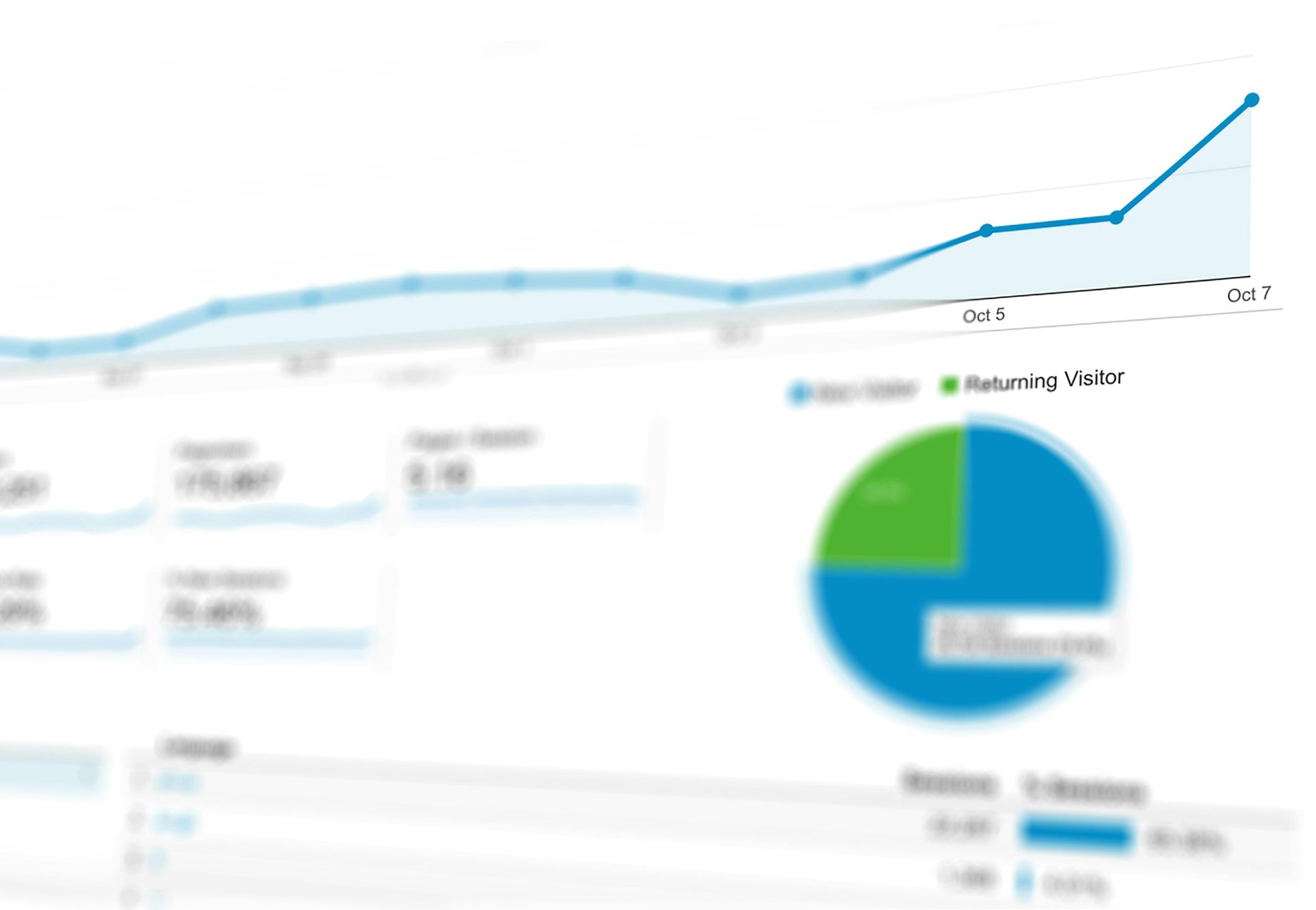Performing an Organic Keywords Audit of Your Website
One crucial aspect of SEO is understanding how your website ranks for organic keywords. Performing an organic keywords audit can provide valuable insights into your website's performance and help you optimize your content strategy. In this blog post, we will explore how to conduct an organic keywords audit using one of the most popular SEO tools, Ahrefs.
Step 1: Set Up Your Ahrefs Account
To begin, sign up for an Ahrefs account if you haven't already. Ahrefs offers a range of features and tools that can assist you in analyzing and improving your website's organic keyword rankings.
Step 2: Enter Your Website's URL
Once you're logged in to Ahrefs, enter your website's URL into the search bar. Ahrefs will begin analyzing your website and generating valuable data about your organic keyword rankings.
Step 3: Analyze Organic Keywords
After Ahrefs has processed your website data, navigate to the "Organic Keywords" section. Here, you'll find a comprehensive list of keywords that your website currently ranks for in search engine results.
Step 4: Filter and Sort the Keywords
To make the most of the organic keywords audit, filter and sort the keywords based on relevance, search volume, ranking position, and other metrics that align with your SEO goals. This will help you identify keywords that are driving significant traffic to your website or those with untapped potential.
Step 5: Assess Keyword Ranking Positions
Look for keywords that are currently ranking on the first page of search engine results. These keywords indicate that your website is performing well for those particular terms. Additionally, pay attention to keywords that are ranking on the second or third page, as these can represent opportunities for improvement.
Step 6: Analyze Competitor Keywords
Ahrefs allows you to compare your website's organic keyword rankings with your competitors. By analyzing their keyword performance, you can gain valuable insights into their SEO strategies and identify potential areas for improvement. Analyzing competitor keywords is beneficial for your organic keywords audit because it:
- Identifies Keyword Opportunities: Uncover high-performing keywords that your competitors are targeting, which you may have overlooked.
- Reveals Niche Keywords: Discover niche-specific or long-tail keywords that have lower competition but higher intent, allowing you to capture targeted organic traffic.
- Helps Understand Competitor Strategies: Gain insights into your competitors' SEO strategies, tactics, and keyword selection to refine and improve your own approach.
- Benchmarks Your Performance: Compare your website's organic keyword rankings with competitors to assess your SEO performance and identify areas for improvement.
- Uncovers Content Gaps: Identify keywords that your competitors rank for but you don't, revealing topics and areas where you can create content to fill gaps and improve relevance.
Step 7: Identify Low-Hanging Fruit
As you review the organic keywords data, look for keywords that have high search volume but low competition. These keywords are known as "low-hanging fruit" and can present excellent opportunities to improve your rankings relatively quickly.
Step 8: Optimize Content and Meta Tags
Based on your findings, optimize your website's content and meta tags. Incorporate relevant keywords naturally into your content, title tags, meta descriptions, headings, and other on-page elements. Remember to prioritize user experience and create high-quality, informative content that aligns with search intent.
Step 9: Monitor and Track Progress
Regularly monitor and track your website's organic keyword rankings using Ahrefs, Semrush, or other SEO tools. Measure the impact of your optimization efforts and make adjustments as necessary. SEO is an ongoing process, so consistent monitoring and optimization are crucial.











